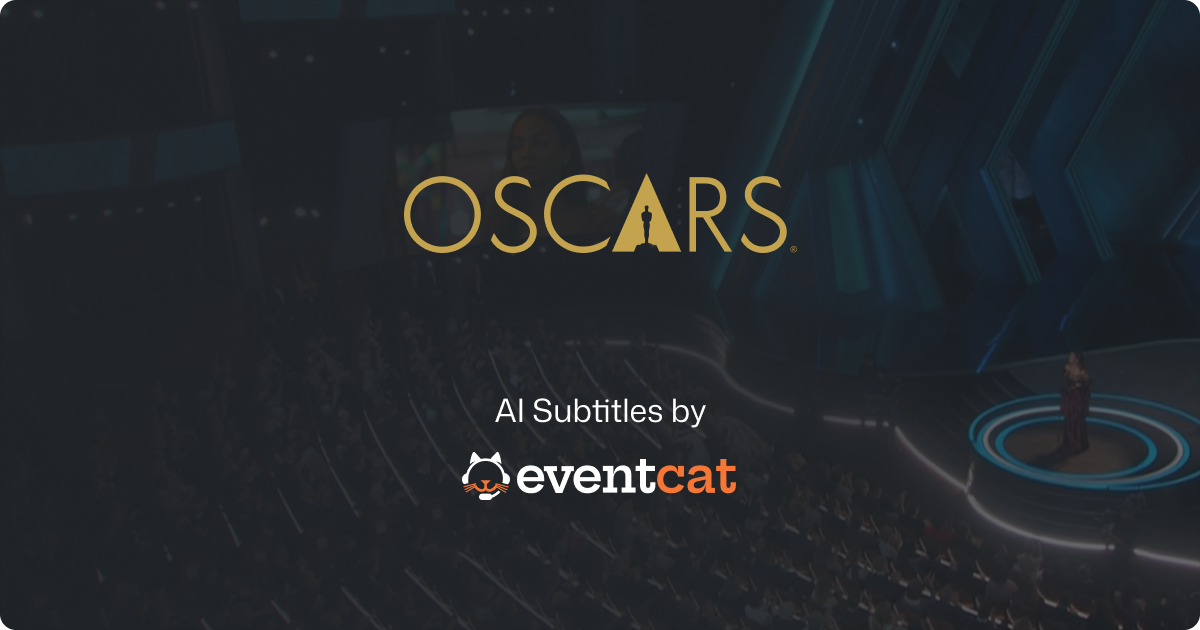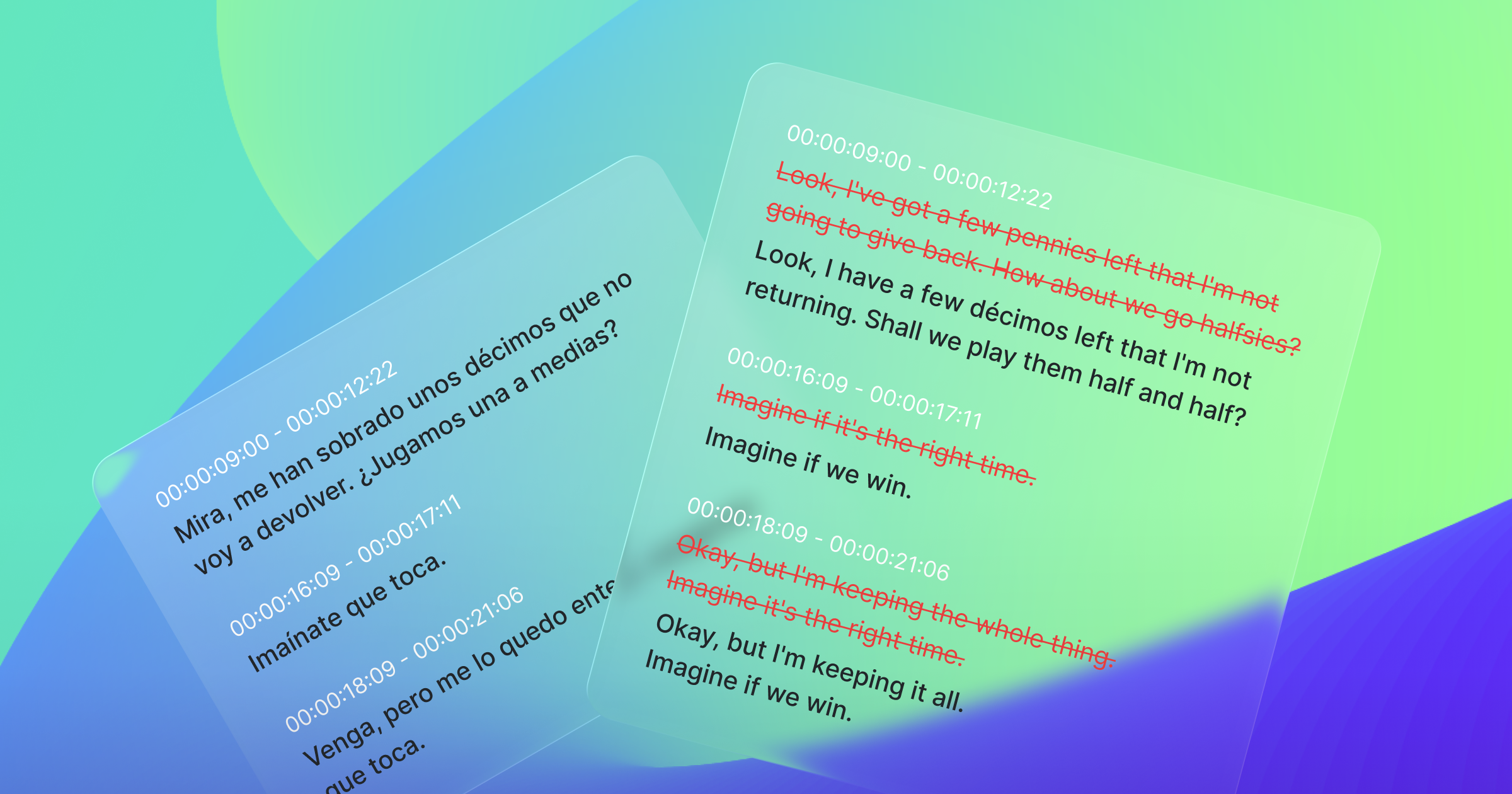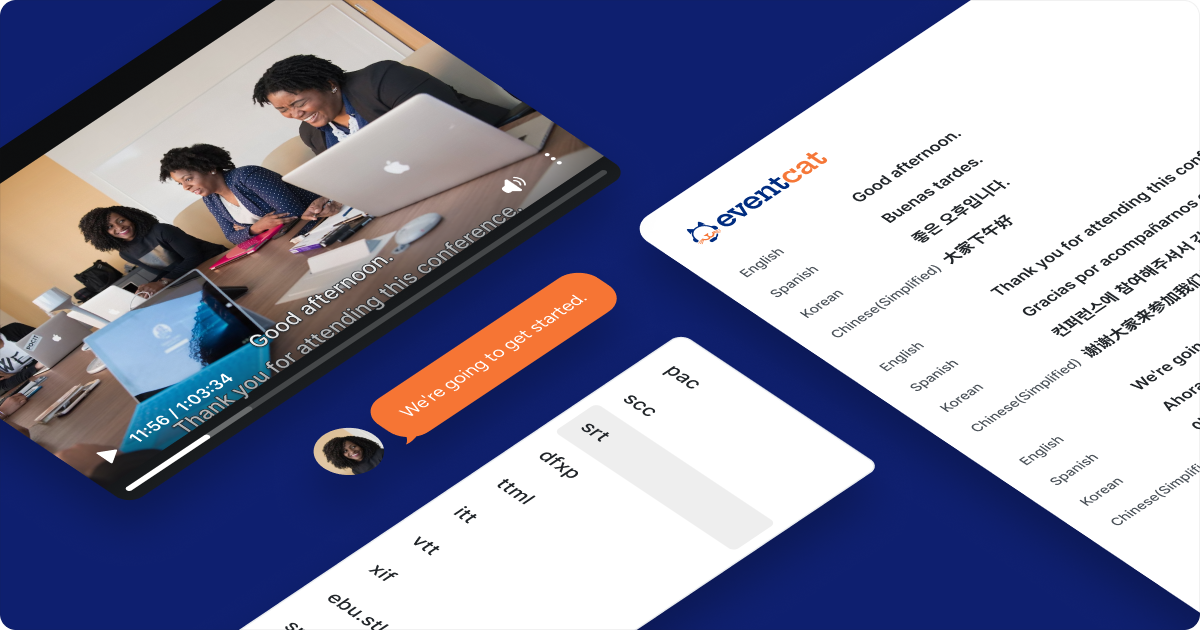“A fresh, healthy meal depends on the ingredients you use. That is why XL8 concentrates on data, which is our key ingredient.”
In 2021, Squid Game (Korean: 오징어게임) was a show that was beloved all over the world. At that time there was a video on Youtube that gained a lot of attraction by comparing how famous lines in that show were translated into different languages. It was interesting to see how other languages were able to translate Korean-specific words and phrases while keeping the content entertaining. As the globalization of content becomes more and more active, translation is becoming much more important, as well.
Team Futureplay met up with Tim Jung, who used to lead various Natural Language Processing projects at Google and is now the CEO of the only machine translation company specializing in media. He said that XL8 is making gains in the competitive translation market by providing ‘translation services for media and entertainment content.’

Hello, I am Tim Jung, CEO of XL8, the premier machine translation company for media and entertainment.
I started my career at Samsung working in a department that was responsible for building its smartphone platforms. We co-worked with Intel to develop platforms that got embedded into Smart TVs, Smartphones, and Smartwatches at that time. In 2011, I entered Columbia University to receive my PhD in Computer Science and joined Google after graduation. I worked as a Software Engineer in its Search team, where I was the lead for developing its core Natural Language Processing (NLP*).
- NLP: A computer technology for analyzing and processing naturally spoken, human languages
The NLP area is very interesting because it needs to accurately predict and decide ambiguous expressions. For example, let's say you search for the word ‘Car’. Now the system needs to decide whether this person wants to buy a car, wants to know the status of the current car reseller market, or if this person wants to know the new models that were recently released, and so on. Also, it needs to predict where this person lives, what words are the most searched in his or her area, etc. You can see that the system needs to do a lot of processing to grasp that person’s intention. So only after years of leading diverse projects in this complex field, I was finally able to get the confidence I needed.
I found a new opportunity in the saturated translation market.
I've always had a dream of becoming an entrepreneur and spent time thinking about what would be the best area to focus on. Choosing Natural Language Processing and Translation was a natural fit because of my experience at Google. Additionally, I’m a Korean whose mother tongue is not English but have been living in the US for more than 12 years now. So I used to have a lot of thoughts on how I could speak English, which is my second language, more fluently. Because if you can’t speak the language, you obviously face a lot of limitations. I was convinced that technology would be the solution to overcoming language barriers and was confident that people would be able to communicate more efficiently through the use of the right product.
At that time, the need for translation was at an all-time high. In a market that seemed saturated, we put our efforts toward developing a Machine Translation solution specifically tailored to Media and Entertainment. We targeted translating colloquial phrases, while most companies in the translation market focused on translating written languages. This allowed us to find new opportunities in a market that had been stagnant for a very long time. ‘Machine Translation is the thing that can revolutionize the Entertainment Media Translation industry’ - our hypothesis was set, and we were ready to go.
I met our co-founder while working at a big tech company.

I met my co-founder Jay Park, who is the current CTO, while I was pursuing my PhD at Columbia. After graduation, I started working at Google, and he started working at Apple as an engineer. After working for 4 years, I told him I wanted to start a business in the Machine Translation area, and he was eager to join me. Soon after, we built a strong team that is not only efficient but also collaborative. Now, we have about 23 members onboard the XL8 ship.
It’s important to align the product with the state of the market.
The trend rapidly changes in the translation market. That is why we are constantly conducting market research in order for our Machine Translation technology to stay ahead of the curve. This research includes topics like which company has decent performance in media translation, what is the future market size, competitive intelligence, how much revenue can we expect, and so on.
Since so many OTT platforms like Netflix, Disney plus, and Hulu have started offering content originating from outside the US, we are seeing non-English content being beloved by audiences from all over the world. So recognizing where and how the trend is changing and aligning our product with the state of the current market, in other words finding the appropriate ‘Product Market Fit’, is very important.
Data is the ingredient, and network is the recipe.
I think the process of developing an AI service is very similar to that of cooking. We can compare data to an ‘ingredient’ and models or networks to a ‘recipe’. Now recipes are very important when it comes to cooking. Before I actually start the cooking process, I will probably search online for the best recipes. Then, I will be able to get a lot of options on how to cook that specific meal. If we follow a given recipe, we will be able to cook a meal that tastes exactly the way that recipe intended. But the differentiating factor here is the ingredient. A fresh, delicious meal heavily depends on the ingredients. In this respect, XL8 views data very importantly, which is basically the ingredient of an AI system. So just like a cook does with his or her ingredients, we put heavy emphasis on the quality and suitability of our data.
A high-quality translation is a translation that is aware of the ‘context’. XL8 is able to translate with context in mind, which means it is able to process the surrounding context of the thing that our engine is about to translate. Translating with context in mind is nothing new. Technologies that make this theoretically possible have been around for quite some time.
This is when XL8’s own data, which is the ingredient of this meal, comes into play. XL8 trained its translation engines with high-quality translation data that has been produced by professional translators for the past 20 years. So we didn’t use data that we can easily get from anywhere, but in-depth conversational data to reflect the context surrounding that conversation. If we take Korean for example, if we mistranslate between formal speech and informal speech, the data becomes practically useless. There are also different aspects to consider such as tone, genres, etc. By putting all of these into consideration, we were able to develop a technology that greatly enhanced our translation quality. As famous restaurants have their own ‘secret sauce’, data is our ‘secret sauce’. When it comes to data, we are currently advancing our technology even more by co-working with the global media localization giant, Iyuno.
XL8 is the only company that is growing based on the translation of media content.
There are around 50 companies around the world doing Machine Translation. Global tech giants like Google, Microsoft, and Amazon are using a large number of resources to reach dozens of domains and hundreds of languages with moderate quality. There are also other mid-sized companies and startups impacting the market as well. However, as of now, XL8 is the only company that is growing based on the translation of media content.
As I mentioned earlier, we put into account every resource that is available when translating media content. That is why our translation results show a low error rate when we apply it to media content. It is very challenging for companies to enter this field. At first, we considered Google Translate as our competitor, and we compared our quality to theirs. But now our quality is far better and beyond comparison. The reason is that we use appropriate data, and that data is not random subtitles, but subtitles that were 100% handcrafted by professional translators.
The way human translators work has changed over the years.
After a human translator does the initial translation, another translator jumps in and edits the results. That is how the translation process used to work. Since human beings are prone to making mistakes, multiple translators were needed to go through the process of editing in order to produce the most optimized result. Now, we use a translation engine to do the initial translation. Human translators can focus on making the translation results more smooth and natural, making the process much more convenient. This saves overall time and effort. In the future, we are planning to expand into areas that require machine accuracy, in addition to human touches, such as real-time translation, interpretation, live broadcasts, and so on.
Getting our members to understand and collaborate is the hardest thing to do but is also very rewarding.

Everybody has their own window. Depending on that window, people view the same event from a different perspective. So my intention can get interpreted differently depending on our team members. And some might even doubt my actions by thinking, ‘I see that guy is working very hard, but I don’t understand his leadership.’
I think the role of a CEO for an early-stage startup is to make sure that these kinds of misunderstandings do not happen so that it won't inhibit them from helping the company reach its goals. Of course, it is not easy, but it is definitely rewarding at the same time. In the end, I believe getting our members to understand and collaborate is most important.
It is most important to be the best at what you do.
Entrepreneurs in Silicon Valley all have unique backgrounds. Some have designing backgrounds, some have engineering backgrounds, or other backgrounds like finance, law, etc. Most of these people have sufficient knowledge and skills in their respective domains. So they start their entrepreneur journey by expanding their already-proficient working skills.
Of course, there are a lot of people like Mark Zuckerberg who started out with zero professional experience. However, your current experience will definitely be a huge asset for you in the future, so figuring out how to be better and how to make a huge impact in your current career is something I cannot stress enough.
We want to make more people communicate across language barriers more freely.
XL8’s vision is to break down language barriers so that people can communicate without barriers of language, region, or circumstance. I want to be remembered as a founder who made this happen. Learning a new language can create immense value in life because you can talk to more people, read more documents, and enter more markets. I want to break down these language barriers one at a time.










